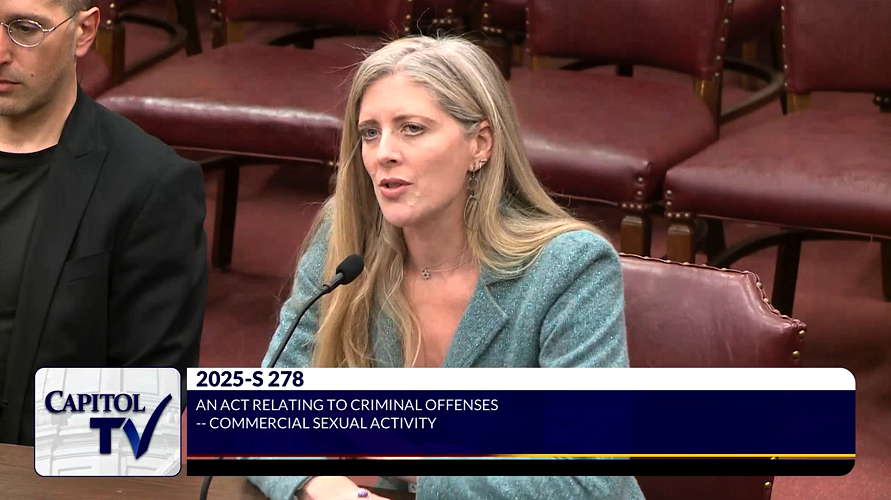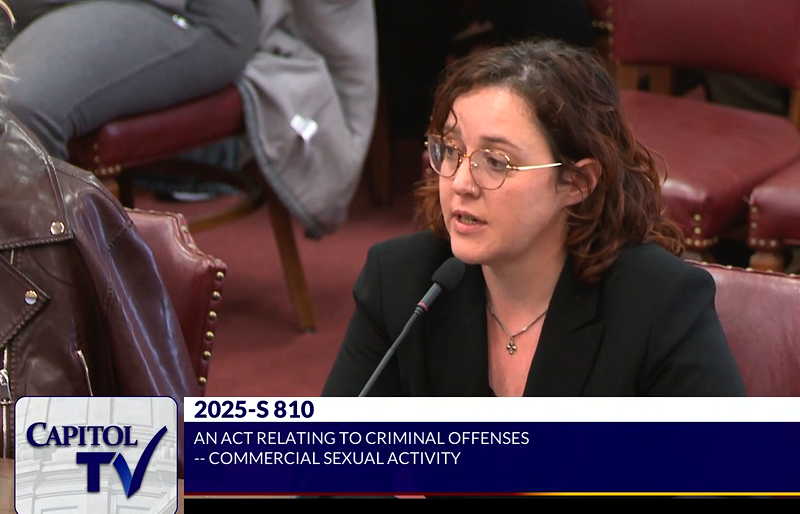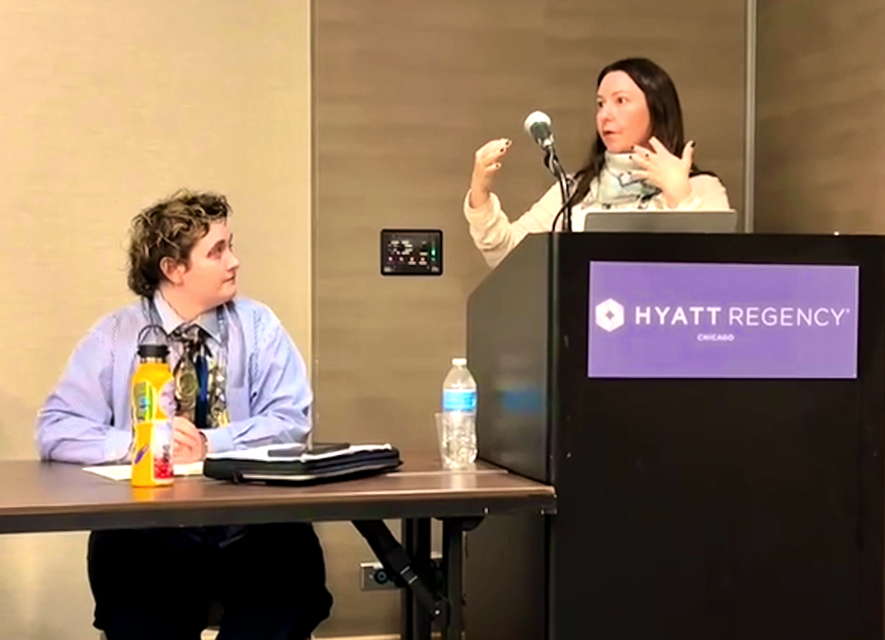July 1, 2025
Decriminalize Sex Work (DSW) proudly celebrates a historic moment in Rhode Island, where lawmakers have passed a trio of groundbreaking bills that protect the rights, health, and safety of sex workers and survivors of trafficking. DSW was honored to lead the efforts to pass the bills by working alongside local partners and legislative champions to help craft language, provide testimony, and build public awareness. These three policy victories reflect what is possible when survivors, advocates, public health experts, and lawmakers come together to prioritize human rights and practical solutions. Rhode Island is leading the way in proving that harm reduction, not punishment, builds safer communities.
This legislative session, Rhode Island passed:
* H5358: Immunity legislation protecting survivors and sex workers from prosecution when they report crimes or seek emergency assistance
* H5348: which ends non-consensual, mandatory HIV testing for people convicted under commercial sexual activity laws
* H5357: which eliminates discriminatory fines that were only applied to those convicted of prostitution-related offenses
Together, these laws mark a significant shift away from outdated, punitive policies—and toward compassion, consent, and public health.
Protecting Survivors Through Immunity Legislation
Rhode Island’s new immunity law offers critical legal protection for survivors of trafficking and sex workers who experience or witness crimes such as assault, trafficking, or domestic violence. For years, the fear of arrest has prevented sex workers and survivors from calling 911 or accessing healthcare and support services. By removing this barrier, Rhode Island is affirming a simple but powerful truth: no one should be punished for trying to protect themselves or others.
This law will improve public safety, strengthen trust between vulnerable communities and public institutions, and help ensure that perpetrators, not victims, are held accountable.
Ending Mandatory HIV Testing with H5348
Until this year, Rhode Island law required individuals convicted under commercial sexual activity statutes to undergo mandatory HIV testing — even in cases where no sexual contact had occurred. This outdated policy violated bodily autonomy and ignored public health recommendations from both the Centers for Disease Control and Prevention (CDC) and the World Health Organization (WHO), which affirm that HIV testing should always be voluntary.
H5348 modernizes Rhode Island’s approach by replacing non-consensual testing with an opt-in model. Individuals convicted under commercial sexual activity laws will now be offered HIV testing and access to care without coercion or penalty.
This change also aligns with the findings of the 2023 Special Legislative Study Commission on Ensuring Racial Equity and Optimizing Health and Safety Laws Affecting Marginalized Individuals, which recommended eliminating mandatory testing as part of broader public health and equity reforms. The commission included DSW Legal Director Melissa Broudo and DSW Chief Advocacy Coordinator Henri Bynx, among a diverse group of members.
Voluntary, informed testing improves health outcomes, reduces stigma, and ensures that limited state resources are used effectively. According to the CDC, 87% of people living with HIV already know their status — highlighting that coercive policies are not only unjust but unnecessary.
Repealing Harmful Fines with H5357
With the passage of H5357, Rhode Island has taken an important step toward ending the criminalization of poverty. The new law eliminates additional fines that were previously levied only on people convicted of prostitution-related offenses. The fees ranged from $350 to $500 or more, on top of standard court fines and went into the state’s general fund.
For individuals already experiencing financial instability, these fines created lasting harm: missed work, lost housing, and prolonged involvement in the criminal justice system. Repealing them reflects a growing recognition that justice should not come with a price tag, and certainly not one borne only by the most marginalized.
The 2023 Legislative Commission also called for the repeal of these fines, citing their racially and economically discriminatory impact.

DSW staff and allies gather to testify at the Rhode Island Capitol.

DSW’s Melissa Broudo testifies before the Rhode Island Senate Judiciary Committee.

DSW’s Rebecca Cleary testifies before the Rhode Island Senate Judiciary Committee.

DSW’s Henri Bynx testifies before the Rhode Island Senate Judiciary Committee.
DSW Newsletter #64 (June/July 2025)
Major Victory in New York: Legislature Passes Immunity Bill

Three Major Wins for Sex Worker Justice and Survivor Safety in Rhode Island

Elevating the Conversation: Crystal DeBoise Speaks at National Conferences

